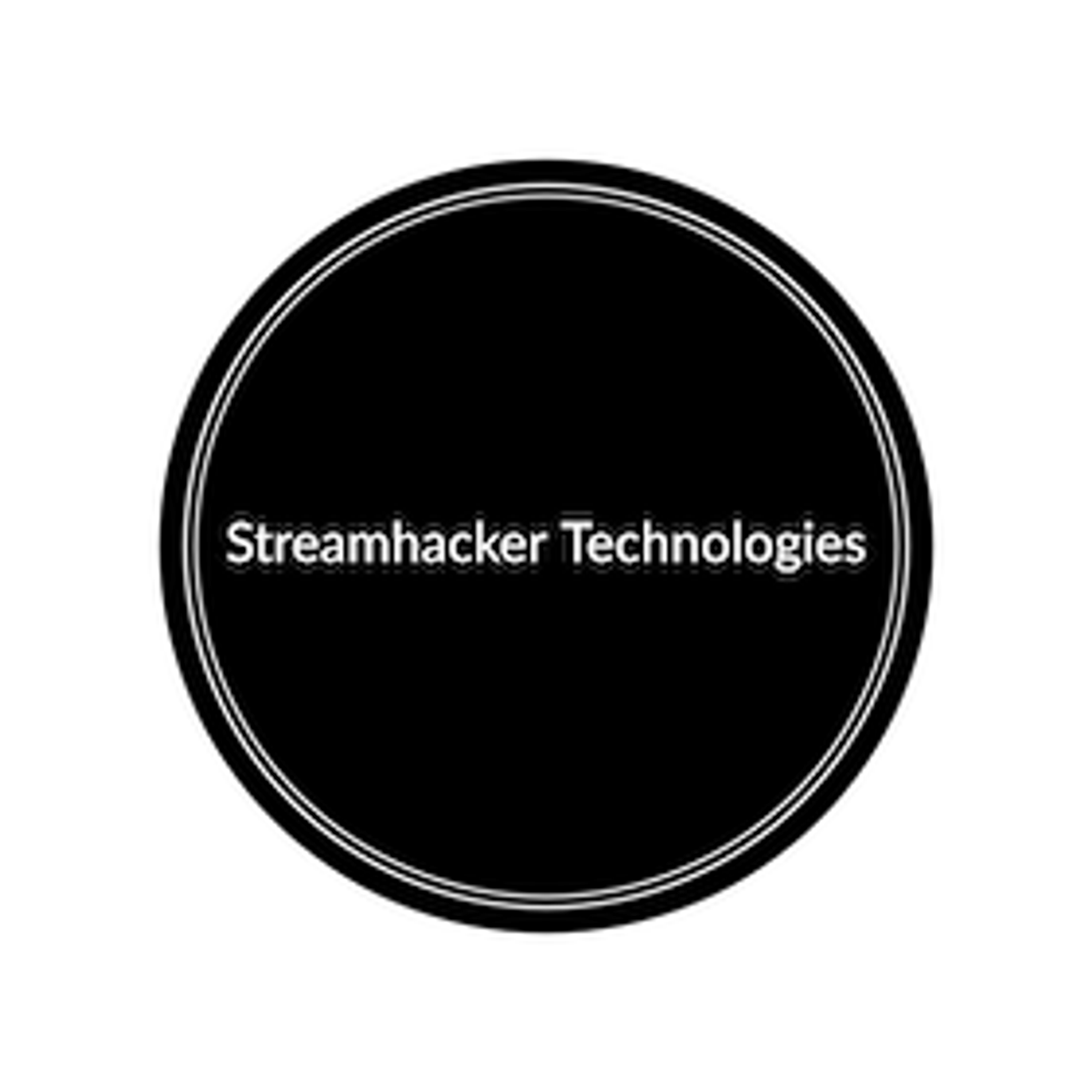What is programmatic SEO?
Programmatic SEO refers to the automated creation of large numbers of targeted web pages to rank for specific keywords and drive organic search traffic.
Recommended Reading and Getting Started Guide
Read this overview.
Review how Zapier structured their app directory, with detailed generated pages and lots of inter-linking.
- Analyze your content and general SEO recommendations to answer the following questions:
- What long-tail keywords can I target?
- What should my page titles look like?
- What is the general structure of each page?
- How can I inter-link my content?
- How do I create a browse-able directory of content?
- What should my URL structure look like?
- Can I generate server-side HTML for super fast loading?
- Create and publish a sample page
Keyword rich title
Keyword rich meta description
H1 tag closely matches head title
- Analyze it with Page Speed Insights, and optimize page speed for mobile-first indexing
- Generate your individual content pages
- Generate your browse-able directory pages (analyze & optimize these with Page Speed too)
- Create a robots.txt file
- Generate and submit a XML Sitemap
- Setup Google Search Console
- Setup Bing Webmaster Tools - Bing’s search index & APIs power many alternative search engines, such as duckduckgo
- Use a tool like ahrefs for continuous improvement
How I can help
As a programmer, I don’t do the typical SEO consulting around keyword analysis, page structure, link building, and so on. While I know these skills, I specialize my expertise towards programmatic SEO, and currently consult on this topic with various clients through Streamhacker Technologies.
At a previous startup I founded, I generated thousands of SEO pages programmatically, many ranking on the top page of Google. Here’s an outline of how I can help you programmatically generate anywhere from hundreds to thousands of SEO pages based on your content and data:
- Analyze your content and current web application to answers questions from step 3 above. More specifically:
- What kind of content can you programmatically generate?
- What kinds of links exist between your data?
- How can your content effectively target valuable long tail keywords?
- What are the best keywords to target for your product, customers, domain, or industry?
- How does your current web app generate pages?
- What kind of URL structure can you generate?
- What new functionality or modifications might be needed to your web app to support programmatic SEO pages and server side HTML generation?
- Using sample content and your existing design, create and publish one or more example pages for feedback and page speed analysis.
- Create a production ready web app for programmatically generating content pages, directory pages, and XML sitemap. Or alternatively, I can advise and coach your own engineers through this process.
- Help you get started with Google Search Console, Bing Webmaster Tools, and SEO tools like ahrefs.
If you’re interested in our help with programmatic SEO, contact Streamhacker Technologies.
A Note About AI
We are actively researching AI search engines such as Perplexity, to learn how content can be optimized for these tools. While these AI answer engines may appear to be quite different than traditional search engines, they still rely on the same underlying technique: scraping web pages to gather data. A traditional search engine will index that data to present to users, while the AI engines use the data to train and power their AI models. Either way, it’s of great benefit to companies to have lots of well structured content, authoritatively targeting high value long tail keywords, published in a way that web scrapers can easily find and process it, so that potential customers can find you, regardless of what search engine they use.






